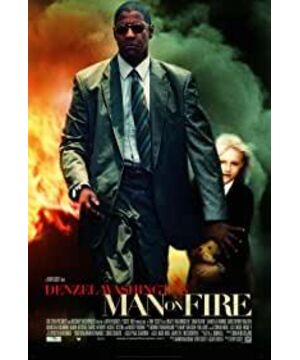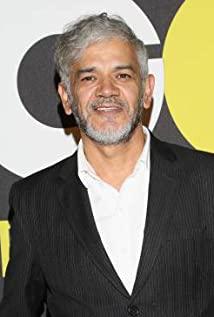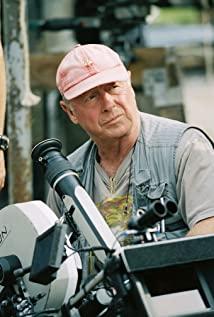In fact, as a typical Hollywood commercial blockbuster, it is meaningless to delve into the "meaning" of this movie. The interlacing of light, shadow, action, and sound in it can be regarded as an excellent use of Technique, of course, but it is also a gimmick. It may not be easy to explore themes such as "good and evil," "sin," "forgiveness," and "salvation" in such a film. Of course, it's also possible that it does explore these topics in depth, but the film itself is too well done and gripping, but it is so overwhelming that we indulge in its plot and those technical things, forgetting to think about anything else .
There are at least two places in the film that clearly show some "meaning": one is what the old nun said to Creasy, "You must not be overcome by evil, but overcome evil with good"; the other is in the dialogue between the elderly couple and Creasy in Creasy The heart-pounding quote "Forgiveness is between them and God, and it's my job to arrange for them to meet". With the film's plot, its themes seem to spring to mind...
but is it really that simple? The more I look at it, the bigger the question mark gets drawn in my head. Is there something else, or is there any other possible interpretation?
Looking at it again this time, a friend couldn't help crying. Maybe Creasy is a sad person. If he finds meaning in his life again, should we be sad for him or should we be happy for him?
After being abandoned by God, being (everyday, possibly endowed with a sense of existence by those who are in it), being abandoned by the motherland (?), or even being abandoned by relatives, can a person truly be saved again? Could this salvation lead to a better (different?) fate for him?
View more about Man on Fire reviews











